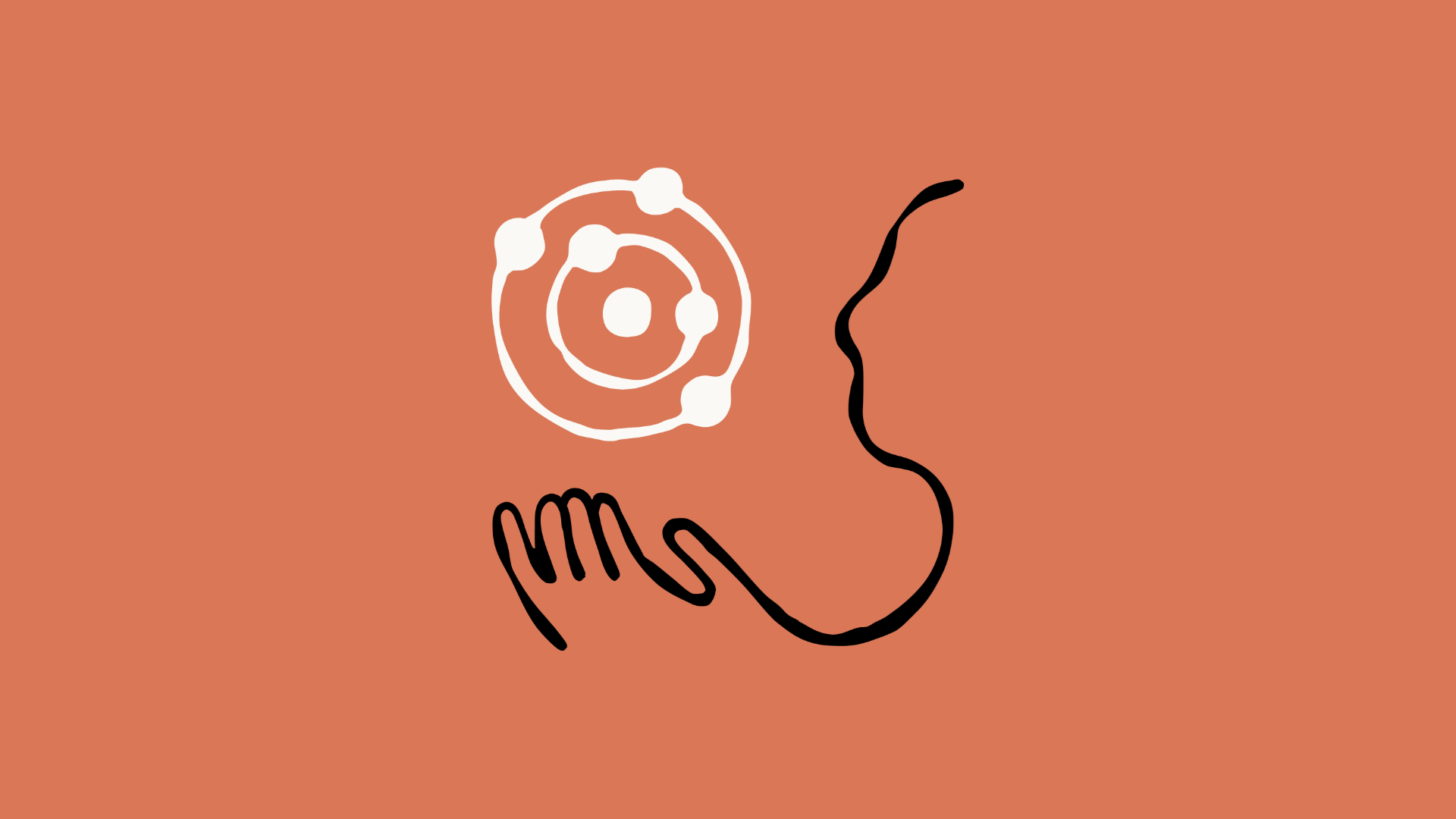Claude Opus 4.5 is now live and "meaningfully better" at everyday tasks and coding challenges
Code faster, solve harder

Sign up for breaking news, reviews, opinion, top tech deals, and more.
You are now subscribed
Your newsletter sign-up was successful
- Anthropic's new Claude Opus 4.5 AI model is faster and more accurate than its predecessors
- The model is also better at handling real-world tasks like emails, documents, and slide decks
- Anthropic says it reduces cost and increases reliability for both everyday users and enterprise workflows
Anthropic is making a big promise about the newest iteration of the Claude family of AI models. The company says the new Claude Opus 4.5 is “meaningfully better” than what came before, which is interesting considering the gloomy tone taken by Anthropic's CEO when discussing the future of AI.
The latest upgrade to the company’s flagship artificial intelligence engine is already live for users of Claude Pro and enterprise customers, and it's not shy about its ambitions. It’s designed to reason more sharply, complete tasks more efficiently, and perform reliably across the kind of real-world to-do lists people actually bring to AI. And it's supposed to blow the competitors out of the water when it comes to coding, too.
Claude Opus 4.5 follows the release of the mid-sized Claude Sonnet and lightweight Claude Haiku 4.5. According to Scott White, who leads product for Claude.ai, the team is “unbelievably excited” by the results and the speed of iteration.
That excitement is now embedded in a model that Anthropic says can code faster, solve harder reasoning problems, and manage multi-step workflows with better consistency, and with less computing power. Claude Opus 4.5 isn’t aimed at winning a Turing Test dinner party. It wants to be the one that quietly makes your job easier or at least shows off its puzzle-solving skills.
For everyday users, the most immediate difference may be how little friction the model creates when given practical tasks. Claude 4.5 is supposed to carry out your prompts regardless of how messy they start out. Ask it to turn an outline into a formatted slide deck, and it should be fine.
What separates Opus 4.5 from earlier versions, and from rival models from the likes of OpenAI and Google, is Anthropic’s focus on usability at scale. Behind the scenes, it’s been refining Claude to handle longer context, denser prompts, and chained tasks more effectively without scaling up the price and time required too. That combination could make it especially appealing.
Claude power
The real hook, though, may be how this version of Claude handles multimodal tasks. While not fully multimodal in the sense of processing video or audio inputs, Opus 4.5 is better at producing visual outputs like charts and tables and understanding complex formatting requests.
Sign up for breaking news, reviews, opinion, top tech deals, and more.
A more subtle, but arguably even more important upgrade, is Claude’s ability to interact with other apps and services. Anthropic notes that 4.5 performs better when it needs to act like an agent and call on other tools, moving through instructions step-by-step, and holding context across complex chains of thought.
To be clear, no AI model gets everything right. Even Claude 4.5 still has blind spots and occasional hiccups. But the promise here is progress that you can feel in your day-to-day habits. It’s the difference between finishing your work with the model’s help and spending more time fixing what it tried to do.
The speed of development is striking. Claude 4.0 debuted only months ago with glowing reviews. Now 4.5 is here, and 5.0 is likely not far behind. That kind of cycle may feel overwhelming, but it also signals a lot of rapid improvement on the technical front and a maturing market where upgrades aren’t just about new tricks.
If Claude Opus 4.5 lives up to the hype, it won’t need to win over users with flashy tricks. It’ll win by doing the work well, every time, with just enough polish that you stop noticing it’s AI at all. For a model that’s supposed to be “meaningfully better,” that may be the most meaningful result of all.
Follow TechRadar on Google News and add us as a preferred source to get our expert news, reviews, and opinion in your feeds. Make sure to click the Follow button!
And of course you can also follow TechRadar on TikTok for news, reviews, unboxings in video form, and get regular updates from us on WhatsApp too.

➡️ Read our full guide to the best business laptops
1. Best overall:
Dell Precision 5690
2. Best on a budget:
Acer Aspire 5
3. Best MacBook:
Apple MacBook Pro 14-inch (M4)

Eric Hal Schwartz is a freelance writer for TechRadar with more than 15 years of experience covering the intersection of the world and technology. For the last five years, he served as head writer for Voicebot.ai and was on the leading edge of reporting on generative AI and large language models. He's since become an expert on the products of generative AI models, such as OpenAI’s ChatGPT, Anthropic’s Claude, Google Gemini, and every other synthetic media tool. His experience runs the gamut of media, including print, digital, broadcast, and live events. Now, he's continuing to tell the stories people want and need to hear about the rapidly evolving AI space and its impact on their lives. Eric is based in New York City.
You must confirm your public display name before commenting
Please logout and then login again, you will then be prompted to enter your display name.
